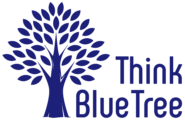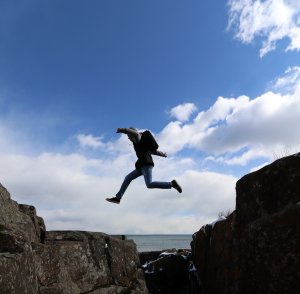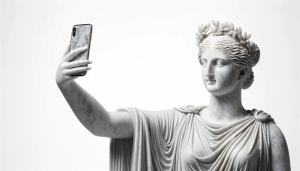In an era where our attention is the currency spent on endless streams of notifications, social feeds, and the constant barrage of digital information, it’s worth asking:
What impact does this have on our personal and professional lives?
Our ability to direct our focus not only determines the quality of our day-to-day experiences but also steers the larger trajectory of our lives. In this post I want to delve into the essence of attention, its critical role in shaping our reality, and how we might reclaim control in a world designed to distract us.

The Power of Attention in Shaping Reality
At its core, attention is our cognitive spotlight, a resource that we direct at the world around and within us. It determines what experiences get processed, what memories are formed, and what goes unnoticed. By choosing where to focus this spotlight, we shape our perception of reality and, by extension, our life’s narrative. (See also: Relevance Realization)
Focused attention is the process behind learning new skills, forming habits, and achieving goals. When we channel our attention towards constructive activities, like mastering a new language or practicing a specific skill, we not only enrich our lives but also pave the way for personal growth and fulfillment.
The quality of our relationships is largely determined by how well we pay attention to each other. Active listening and empathy require us to fully engage with others, understanding their perspectives and emotions. This deep, attentive engagement builds stronger, more meaningful connections and fosters a sense of community and belonging.
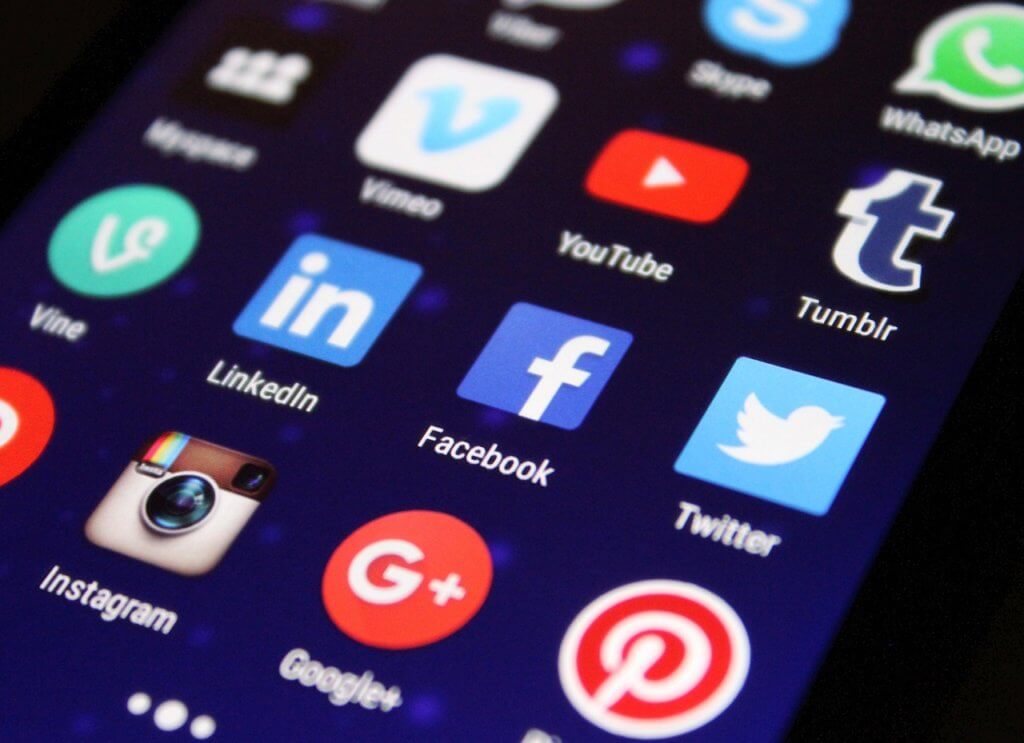
The Erosion of Attention in the Digital Age
Today’s digital environment, with its endless streams of content and information overload, challenges our ability to focus. Each ping from our phone or new short video competes for our attention, fragmenting it into smaller slices. This constant state of partial attention impacts not just our ability to concentrate on tasks but also our well-being, creating feelings of overwhelm and anxiety.
The consequences of this fragmented attention span are profound. On an individual level, it can lead to decreased effectiveness in handling difficulties and challenges, hindered learning, and a shallow understanding of complex issues.
Socially, it erodes the quality of our interactions and connections. The depth of thought and empathy required for meaningful relationships is often sacrificed on the altar of multitasking and rapid content consumption.
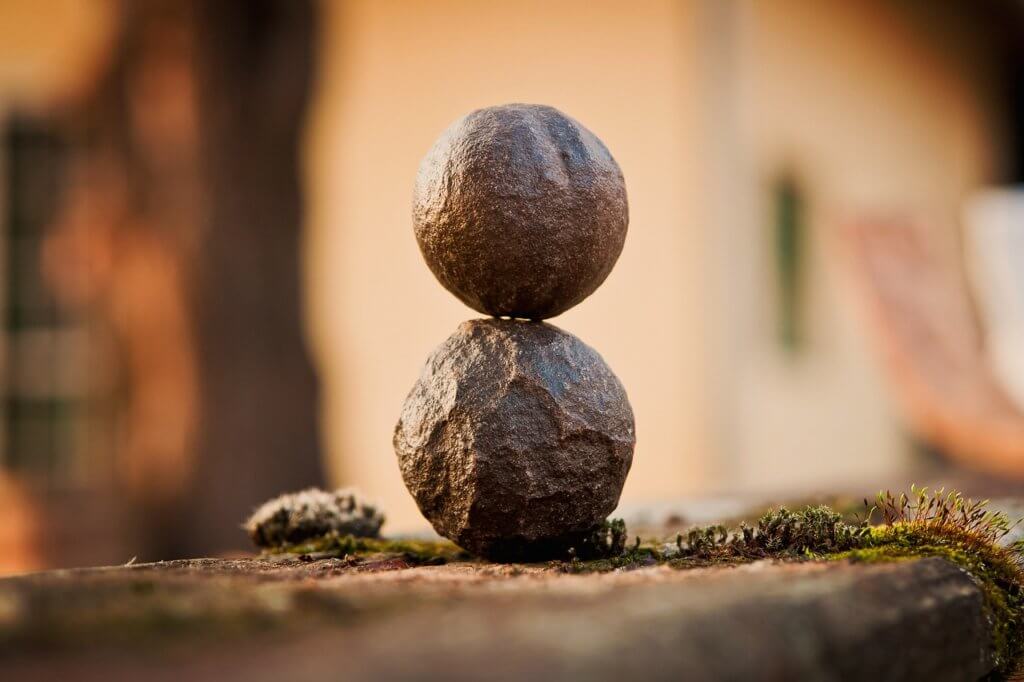
Reclaiming Our Attention: Strategies and Practices
To decide what practices will be beneficial and useful for training attention, it’s good to have a quick look into what attention consists of.
Attention is not a singular, linear process but a complex interplay of selection, concentration, and maintenance of focus amidst distractions. It involves both the conscious choice to direct our focus towards something specific, and the subconscious processes that determine what captures our attention in the first place.
Putting external distractions aside, one of the biggest distractions is our own mind. And while the conventional advice is to train attention by trying to suppress or remove our minds chatter, a more effective and less intense method is to simply acknowledge what your mind is doing, then shift your focus on what you do want to focus on.
This is known as mindfulness, or being present and open to our internal experiences, simply noticing them in a curious way and then connecting to what matters to us in that moment.
By practicing mindfulness, we learn to observe our thoughts and surroundings without judgment, fostering a state of present awareness, and being engaged fully in what we are doing.
One additional way we can help build our attention is with meditation. Meditation, in its various forms, strengthens our ability to focus, enhancing our mental clarity and resilience against distractions.
The great news for both mindfulness and meditation is we don’t have to sit hours practicing. In fact, quality over quantity is the name of the game. Just a few minutes a day brings great returns on your attention skills!
Also, returning to traditional methods of engaging our attention, such as spending time in nature or immersing ourselves in crafts and manual work, can provide a counterbalance to digital overload. These activities require and foster a type of attention that is deep and sustained, allowing us to reconnect with the tactile and the tangible in a way that screens cannot replicate.
Consciously deciding where to direct our attention is the first step toward reclaiming it. This may involve setting specific times for checking emails or social media, creating a distraction-free workspace, or simply practicing the art of single-tasking. By creating environments and routines that support focused attention, we can begin to steer our lives with more intention and clarity.
Conclusion
In a world vying for our attention at every turn, the ability to focus is more than a cognitive skill—it’s a determinant of our life’s quality and direction.
By recognizing the importance of where and how we direct our attention, we can begin to make more conscious choices that align with our values and aspirations. Whether through mindfulness practices, reconnecting with nature, or setting boundaries around technology use, we have the power to cultivate a focused, intentional life.
Let’s choose to spend our attention wisely, for where it goes, our energy flows, and ultimately, our lives grow.
Want to gain control of your attention to focus it on the things that really matter in your life? Mental health coaching can help! Get started and find out more by organizing a free discovery call with the link below.
